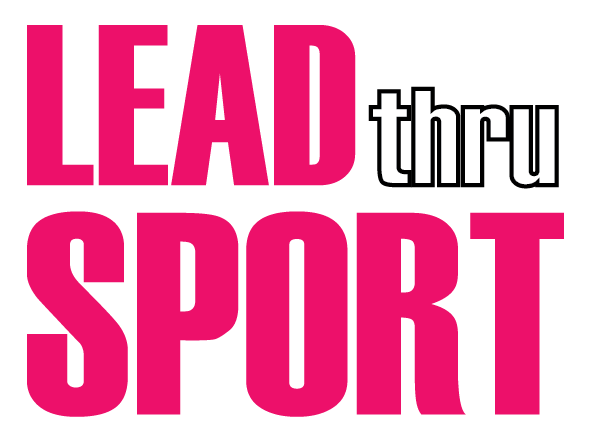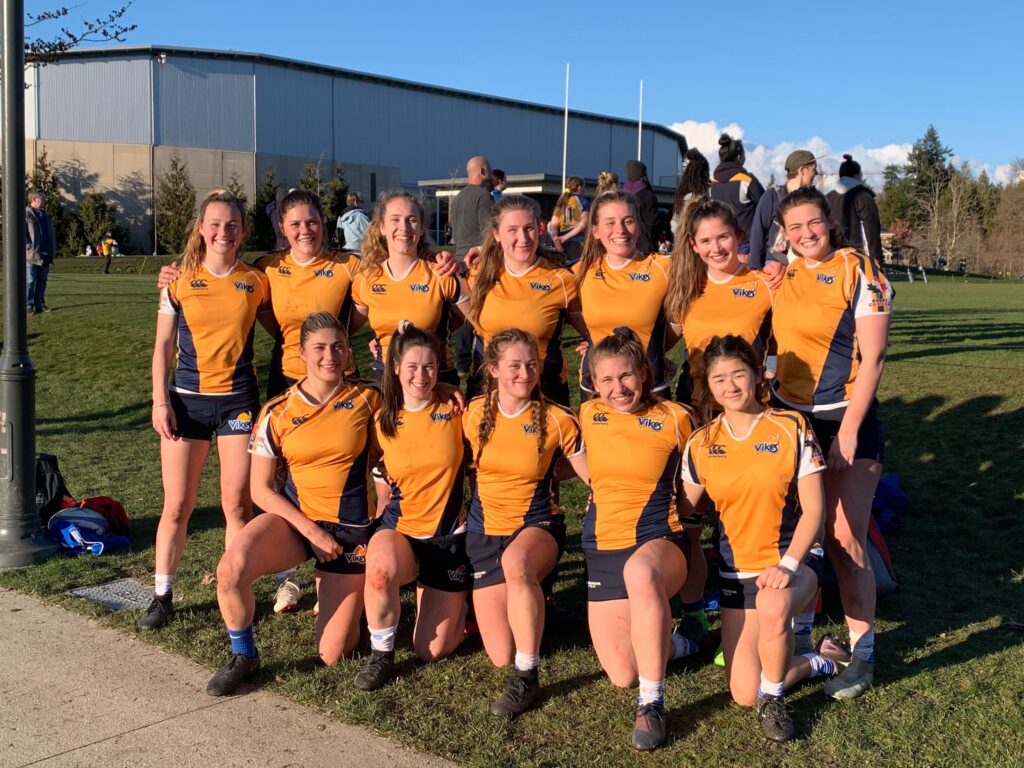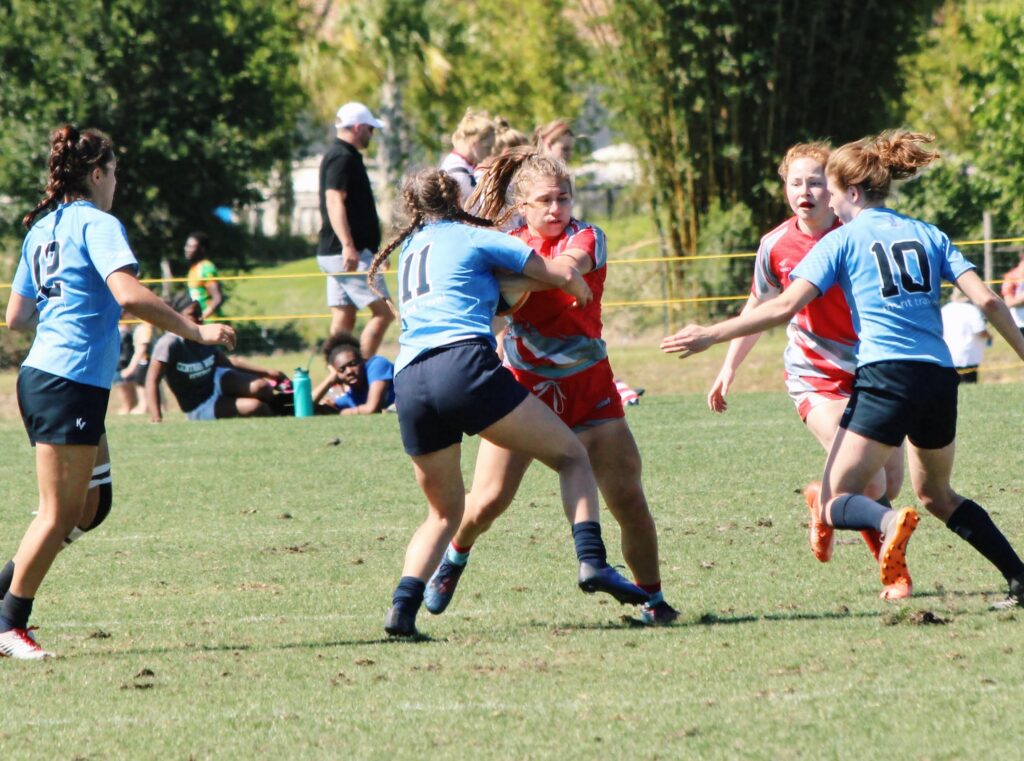
WEEK #12: NICOLE G.
Please tell us a little bit about yourself.
My name is Nicole Gamm and I grew up in Toronto, Ontario. I am currently attending the University of Victoria where I am studying in my second year of civil/environmental engineering. I am also a member of the Women’s Varsity Rugby Team and prior to university, I played on the provincial team in Ontario. Before taking up rugby in high school, I was a competitive figure skater for 10 years. I also love to ski; I am hoping to backpack through the Alps in Europe once I’ve graduated university. I even worked part-time at a ski store in high school. Outside of sports, I enjoy spending time outdoors! Living on the West coast, I have been able to get outdoors and be much more active, whether it be going on hikes or heading to the beach, which has been a wonderful experience so far. Beyond sports and hobbies, I would say I am very academically driven. Being successful in my present and future career paths holds great importance for me.
What habits did you develop in sport help you become successful in your academics?
Growing up in an ice rink, I developed a number of habits and skills that have helped me to be very successful in my academics. The number one skill I developed in my years of figure skating was time management. I would spend anywhere from four to six hours a day training, which left me with minimal amount of time to do homework. Therefore, I quickly learned to make the most of every free moment I had and I would do my homework at the
rink, in between training sessions. It is a similar situation as a varsity athlete in university, where the demands of training and practice leave little free time to study as a full-time student.
Another skill I learned through athletics, that has transferred to my academic success, is that practice makes perfect. No athlete loves practicing, we love to play our sport, but the only way to get better is to practice. Going into high school I was not the best student. I was so successful in sport, but I could never achieve the results I wanted in the classroom. When I decided to approach my school work with the same mindset I approached my training with, which was constantly reminding myself that practice makes perfect, I was able to earn the grades I wanted. All it took was for me to put my head down and do my homework. Fast forward to my first year of university and I found myself on the honour roll.
What elements of leadership parallel your sport and life leadership?
One leadership quality that I possess is the ability to take initiative and delegate tasks in group settings. In my academics, in group projects I am often the peer to step up and make a plan of action in the early stages, ensuring that the tasks are delegated in a fair and equitable manner. This initiative is a quality that is very important as a leader in sports as well. Although it is common for the coach to instruct the team, a great team leader is also able to take charge and help guide the team to success, complementing the work of the coach. Many team players value receiving instruction from leaders on the team, who are teammates, and not just coaches. Coaches also value the affirmation that comes from a teammate echoing the coach’s instructions.
Another element of leadership that I have learned through sport, that has transferred to my everyday life, is to speak up for yourself when you are unhappy with a situation. In my first year on a new rugby team, I was pretty upset with how little playing time I was receiving. I took to initiative to approach my coach, tell her how I was feeling and determine what I needed to do better. Although this may not be a direct example of leadership, it showed my coach that I cared and wanted to contribute more towards my team. Later that year I had my first office job. A similar situation occurred where I was not content with the work I was doing. I took the same initiative and told my supervisor how I was feeling. Together we were able to devise a plan that included more task that I was interested in. Taking the initiative to voice my concerns, not only helped me enjoy what I was doing more, but showed both my coach and supervisor that I wanted to contribute more to the team I was a part of.
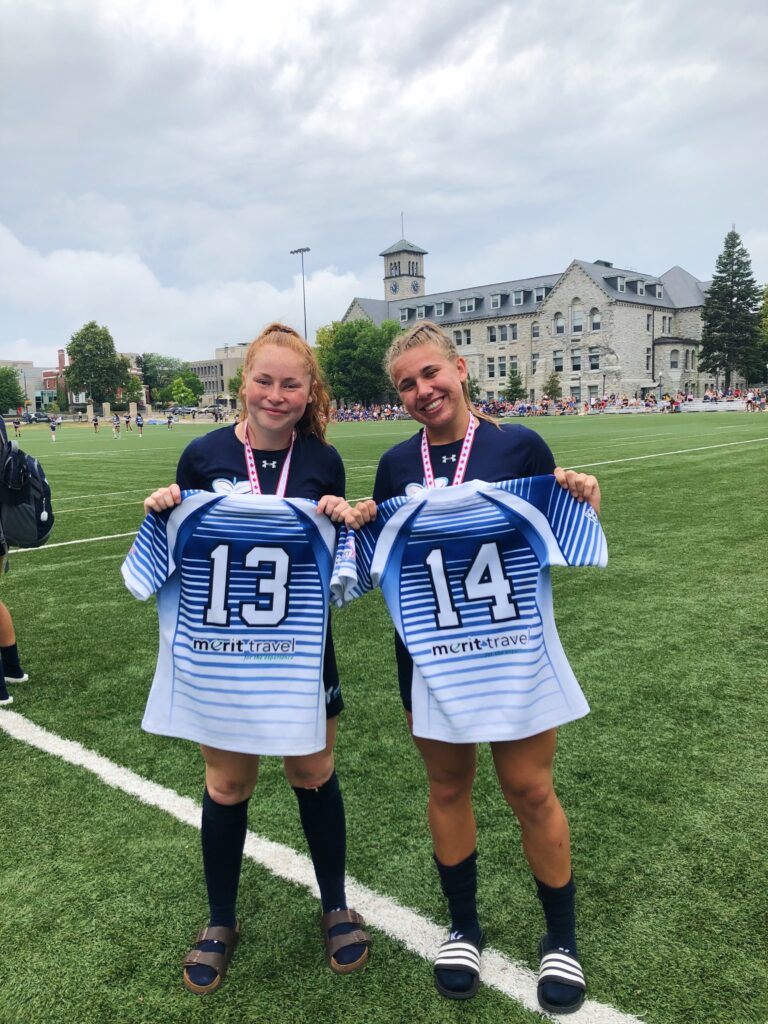
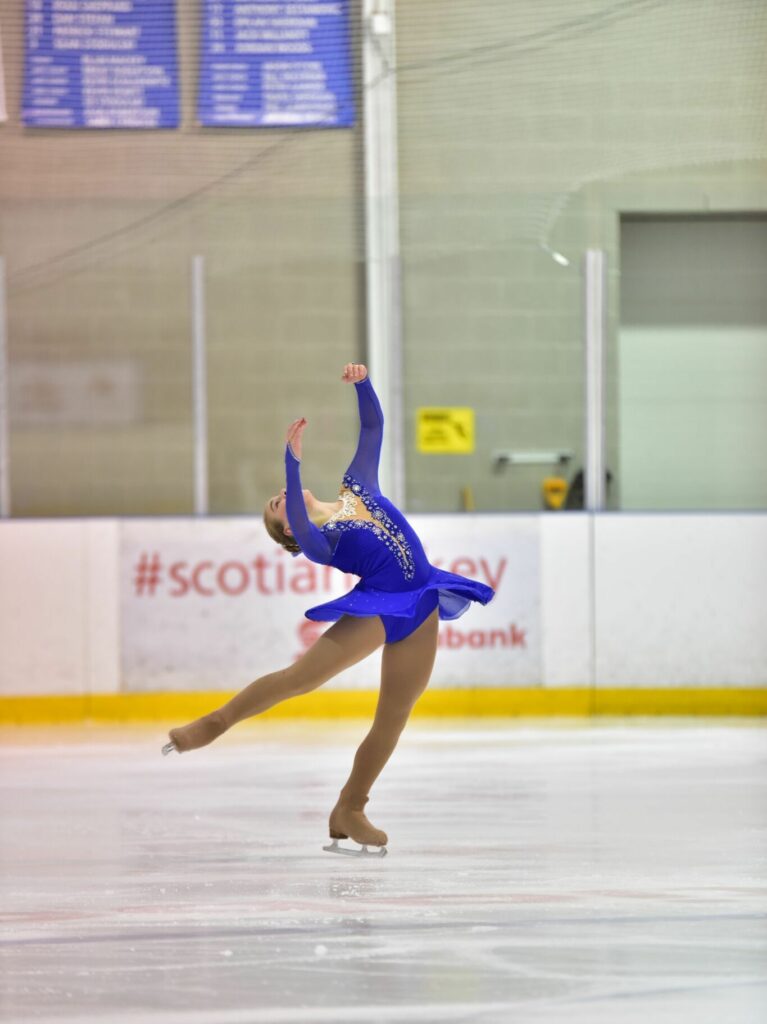
What advice do you have for parents, coaches, or sport administrators to improve inclusion in sport?
In team sports, inclusion can be a difficult thing to achieve; it is natural for there to be separate friend groups within a team. With that being said, I think that it falls on the coach of a team to set the bar when it comes to inclusion. If the coach puts a larger emphasis on building a strong team dynamic and doing activities as a team, the participating athletes will feel more accepted on that team. When I think about the team where I built the strongest relationships and felt most included, I also think about how my coach went out of her way to create an inclusive environment for our team.
Another factor that can be restricting to certain individuals when it comes to sport is body image. Coming from a background in figure skating, a lot of pressure is put on the athlete to look a certain way. In my first year of skating, I was told I was too strong, too heavy or too big to be a figure skater. I was seven years old. These words can become extremely discouraging and can drive athletes away from the sports they love. The reality is that figure skating is not the only sport with body image issues. In order to build more inclusive sport environments, parents and coaches need to encourage athletes of all sizes to partake in sport. No athlete should be put off of the sport they love just because they do not have the stereotypical body type for that sport.
5 words that best describe me are:
EMPATHETIC | ADAPTABLE | OPTIMISTIC | DISCIPLINED | PASSIONATE
Instagram: @nicgamm
